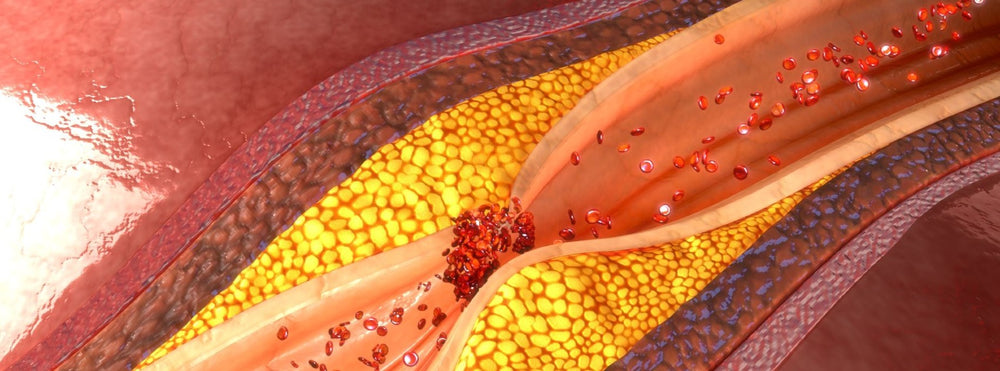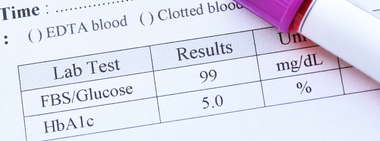Cholesterol FAQs: Part 1

There's a lot of confusion around cholesterol and below you'll find the answers to some of the most common questions people have about this topic.
What are normal cholesterol levels?
Normal cholesterol results vary by age and gender. Here is a summary chart adapted from the Cleveland Clinic:
|
|
Total Cholesterol |
HDL Cholesterol |
LDL Cholesterol |
Triglycerides |
Non-HDL Cholesterol |
|
Children 19 years and younger |
Less than 170 mg/dL |
More than 45 mg/dL |
Less than 110 mg/dL |
Less than 150 mg/dL |
Less than 120 mg/dL |
|
Men aged 20 years and older |
125 to 200 mg/dL |
40 mg/dL or higher |
Less than 100 mg/dL |
Less than 150 mg/dL |
Less than 130 mg/dL |
|
Women aged 20 years and older |
125 to 200 mg/dL |
50 mg/dL or higher |
Less than 100 mg/dL |
Less than 150 mg/dL |
Less than 130 mg/dL |
Many clinicians specializing in cholesterol management would argue that these “normal” numbers are still too lax, especially when it comes to LDL. To put it in perspective, all mammals share the same cholesterol biochemical processes as humans and the average LDL in other mammalian species is in the 35 to 50 mg/dL range.
How is cholesterol measured?
Cholesterol levels are measured by a blood test. A typical cholesterol test will provide measurements of total cholesterol, HDL (“good”) cholesterol, LDL (“bad”) cholesterol and triglycerides. In most cases, only the total cholesterol, HDL cholesterol and triglyceride levels are measured while LDL is calculated using a formula. The formula becomes inaccurate with very high triglyceride levels (over 400 mg/dL). Under those circumstances, LDL cholesterol needs to be measured directly to get an accurate reading. A couple of other numbers may be provided as part of a cholesterol profile. One is “non HDL” which is calculated as Total Cholesterol minus HDL. Another is a cholesterol ratio which is calculated as Total Cholesterol divided by HDL. These latter two values are sometimes used to determine if there is enough “good” cholesterol to make up for all the “bad” cholesterol.
Want to learn more? We've created a list of FAQs about all things cholesterol

Tested & Proven Results.
- Cardiologist formulated
- Supported by over 500 publications
- Clinically-proven, in a double-blind randomized trial with Mayo Clinic and The University of Manitoba
80% of participants lowered their cholesterol in just 30 days. With just two servings per day, Step One Foods offers a proven-effective way to naturally lower LDL (bad) cholesterol.
Get heart health tips and articles like this, delivered right to your email.
New articles every week.
You may also like...

Insulin Resistance, Prediabetes and Type 2 Diabetes. Part 1: Defining the Problem

You don’t need to avoid foods with cholesterol…except for these



